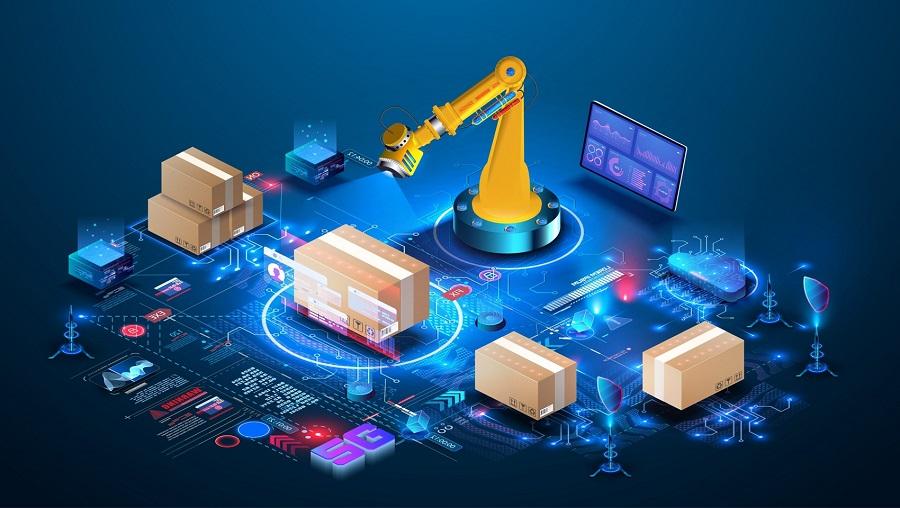The integration of intelligent technologies into logistics and operations is set for a period of remarkable and sustained expansion. Highlighting this transformation, the US AI in Supply Chain Market is forecast to more than double in value, climbing from a substantial $12 billion in 2024 to an impressive $25 billion by 2035. This significant growth is supported by a steady compound annual growth rate (CAGR) of 6.9% for the 2025-2035 period, signaling strong, long-term enterprise confidence and investment in AI-driven solutions. This upward trajectory underscores a fundamental shift towards creating more resilient, efficient, and predictive supply chains, capable of navigating the complexities of the modern global economy and delivering unparalleled operational value. The consistent growth reflects the technology's move from a niche advantage to a core business necessity for competitive advantage.
The competitive ecosystem for AI in the supply chain is a diverse and dynamic environment. It features a mix of established enterprise software giants, specialized best-of-breed AI vendors, and innovative startups, all vying for market share. Large players like SAP, Oracle, and Infor are integrating AI and machine learning capabilities directly into their existing enterprise resource planning (ERP) and supply chain management (SCM) suites, leveraging their vast customer bases and deep data integrations. Alongside them, specialized firms such as Blue Yonder and Coupa offer deep domain expertise with AI-powered platforms focused specifically on areas like demand planning and business spend management. Finally, a vibrant ecosystem of startups is pushing the boundaries of innovation, introducing cutting-edge solutions for specific challenges like warehouse robotics, real-time visibility, and sustainable logistics, creating a highly competitive and rapidly evolving market.
Key vendors are differentiating themselves through various strategies to capture the growing demand. The enterprise giants, like SAP with its Leonardo platform and Oracle with its AI Apps for SCM, focus on providing a unified, end-to-end solution that is seamlessly integrated with a customer's core business processes. This appeals to large organizations seeking a single vendor and a cohesive data strategy. In contrast, specialized AI vendors like o9 Solutions and Kinaxis emphasize their advanced planning and simulation capabilities, offering "digital twin" models of the supply chain that allow for sophisticated scenario analysis. They position themselves as innovators that can deliver faster time-to-value for specific, high-impact use cases. The market also sees a heavy emphasis on partnerships, with cloud providers like AWS and Google Cloud offering the foundational AI/ML services upon which many of these solutions are built.
The adoption of AI varies across different customer segments, each with unique needs and priorities. Large enterprises in the retail and consumer packaged goods (CPG) sectors were early adopters, driven by the need to manage complex inventories and respond to fast-changing consumer demand. The manufacturing industry, particularly automotive and electronics, is heavily investing in AI for production planning, predictive maintenance, and quality control. Third-party logistics (3PL) providers are leveraging AI to optimize their warehousing and transportation networks, offering more efficient and competitive services to their clients. While large corporations currently represent the biggest market segment, the increasing availability of more accessible, cloud-based SaaS solutions is lowering the barrier to entry, driving growing adoption among mid-sized businesses looking to gain a competitive edge.
Explore Our Latest Trending Reports:
Translation Management Systems Tms Market



